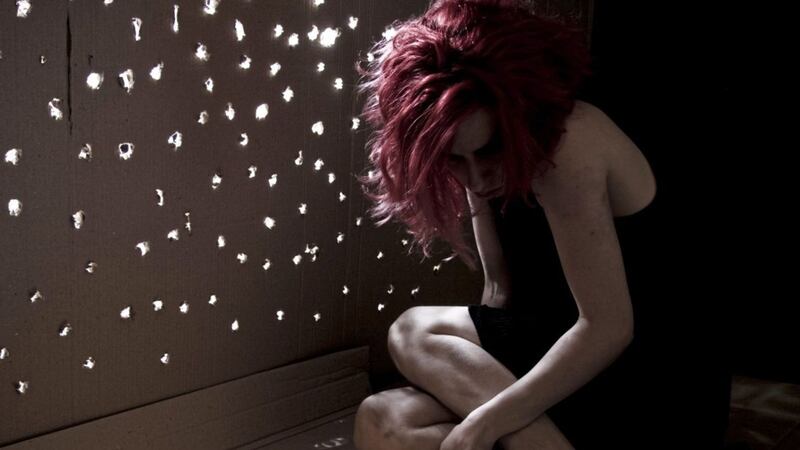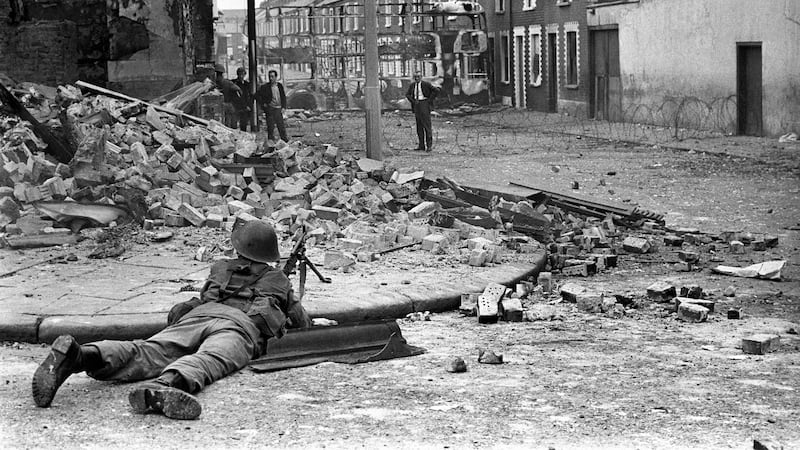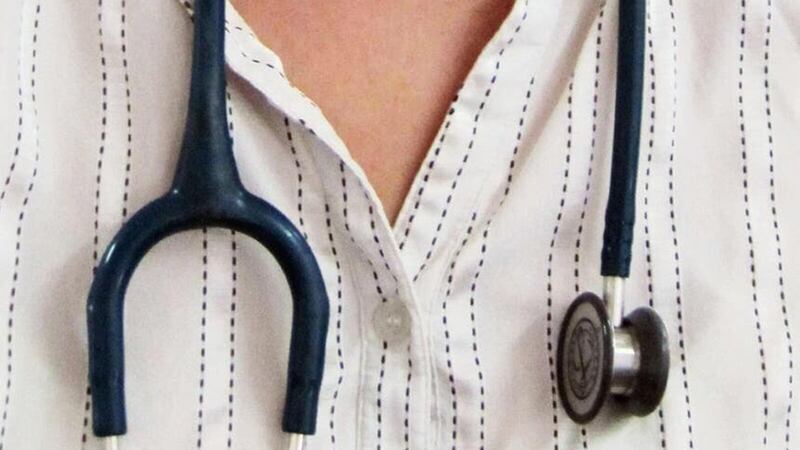People are being kept as human slaves on a daily basis across Northern Ireland but opportunities to save them are missed as the public turns a blind eye to warning signs, authorities said.
Police and government agencies urged people to look out for signs of slavery as they launched a new awareness campaign.
Human trafficking, also known as modern-day slavery, involves controlling or exploiting another person for financial gain and can include forcing someone to work against their will, refusing to pay them wages, or forcing them into prostitution.
At the launch, Nick Perry, permanent secretary to the Department for Justice, said he continued to be haunted by a photograph shown to him of a room in which a slavery victim had been held in south Belfast.
"A woman had been imprisoned inside and had been trying to rip off the lock with her bare hands," he said.
"There were traces of her finger nails and skin embedded in the wood around the lock.
"That happened just a few years ago in south Belfast, just 200 yards from Methodist College."
Chief Constable George Hamilton said his staff were currently investigating 21 cases of suspected slavery.
"There is no room for complacency," he said.
"The victims are often hidden in plain sight – in our towns, washing our cars, living lives which seem like ours and so don't set off red warning signals."
He added: "In many ways, this is an issue which law enforcement globally is just beginning to understand. The cases we know about are just the tip of the iceberg."
The awareness campaign will see information about how to spot signs of human trafficking publicised on posters and in leaflets at local council buildings, health trusts, charities and civil service buildings.
These signs can include overcrowded houses, and people appearing mistrustful of authorities and working long hours, often for no pay or without permission to leave work.
Since it was established in 2015, the PSNI's Modern Slavery Human Trafficking Unit has recovered more than 100 victims from slavery.




